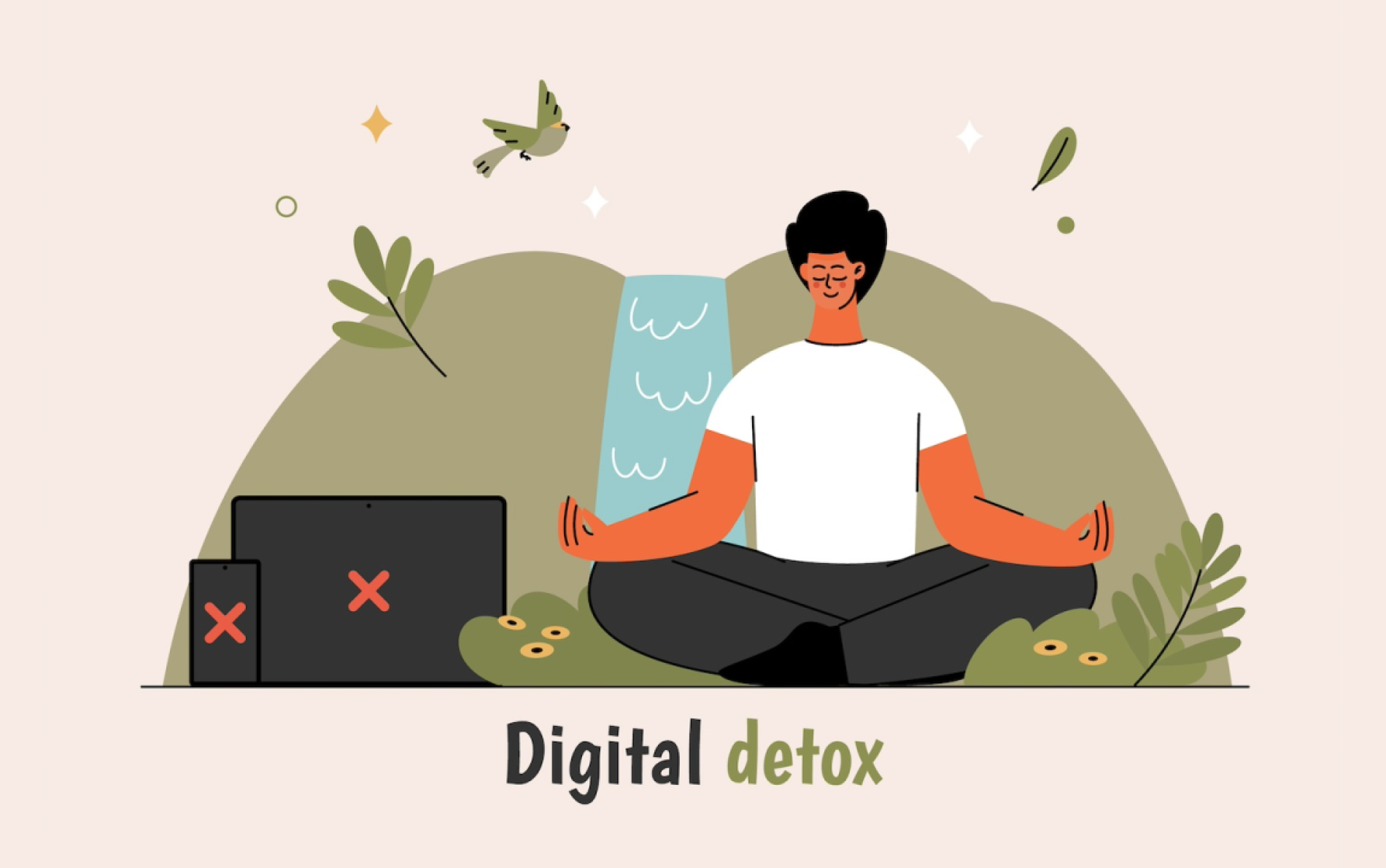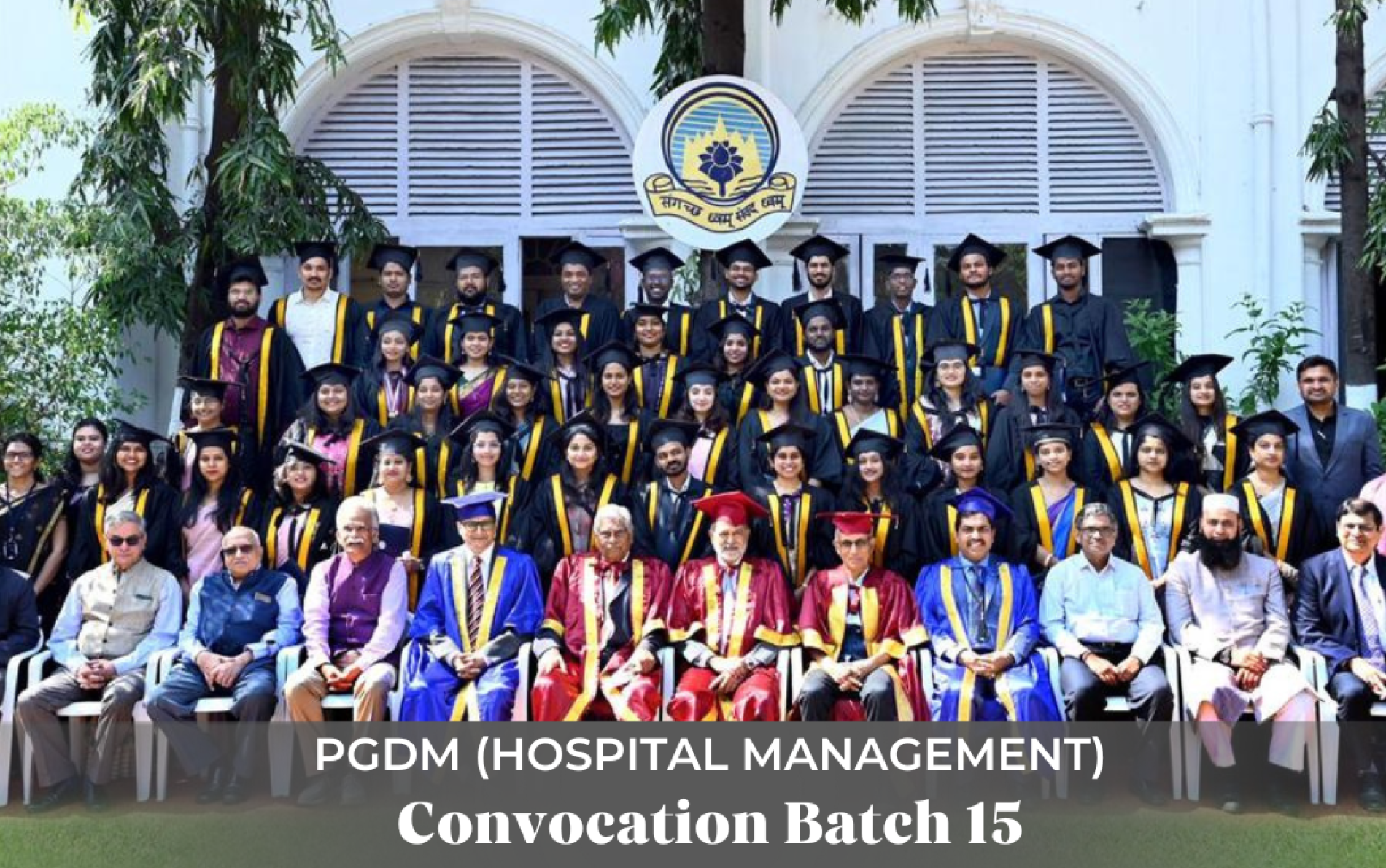Unplugged Bliss: Embracing the Power of Digital Detox Retreats

Whenever I am away from my phone, I feel an overwhelming sense of disturbance, as if a part of me is missing. Whether working on a project, attending a meeting, or even saying my prayers, there's a constant nagging feeling that I'm missing out on something important. For instance, during family dinners, while trying to be present and engage in conversations, my mind often drifts back to the phone, wondering if there are new messages or notifications. This urge persists even during moments of meditation or while reading a book, disrupting my peace. The anxiety extends to shopping, where I frequently check my phone for alerts, during social outings, and movie nights, where the need to stay connected prevents me from fully engaging in the activity. This constant need to stay connected makes it hard to immerse myself in any moment, always leaving me with the feeling that I'm missing something crucial.
I don't think this is my story alone; all of you must be feeling this too, to some extent. In our hyper-connected world, the anxiety of being away from our phones is a common experience many of us share. Whether we're working, spending time with family, or even relaxing, there's often a persistent urge to check for messages and notifications. This constant need to stay connected makes it challenging to fully engage in any activity, leaving us with a sense of unease and the feeling that we're missing out on something important.
Such pervasive presence of digital devices in our lives has undeniable benefits, from enhancing productivity to facilitating instant communication. However, the downside is a relentless demand for our attention, leading to what experts call digital overload. Studies have shown that excessive screen time can cause eye strain, disrupted sleep patterns, and a host of other physical ailments (Twenge et al., 2019). Mentally, the constant influx of information can lead to decision fatigue (Mao et al., 2022), decreased concentration, and heightened stress levels (Reinecke et al., 2017). Emotionally, the pressure to remain constantly available and responsive can erode our sense of well-being (Matthes et al., 2020).
Now let us talk about something we can do to help our digital overload and anxiety associated with its use/overuse and underuse. We have been hearing of late the term ‘digital detox’ and, more recently, ‘digital detox retreat.’ A digital detox retreat is a structured getaway designed to help individuals disconnect from their digital devices and reconnect with themselves and the natural world. These retreats often take place in serene, nature-rich environments where participants are encouraged to engage in activities that promote mindfulness and relaxation. Typical activities at a digital detox retreat might include yoga, meditation, hiking, and creative workshops, all aimed at fostering a sense of presence and tranquillity. And let me tell you, you probably cannot do this within the boundaries of your home, even if you are blessed with a beautiful green garden. Why? The answer is simple: you are connected to too many things at home!
The benefits of attending a digital detox retreat are manifold. First and foremost, disconnecting from digital devices allows the mind to rest and rejuvenate. Without constant notifications and social media distractions, participants can experience improved mental clarity and focus. This mental break can lead to increased creativity and problem-solving abilities, as the brain is given the space to wander and reflect.
Physically, reduced screen time can alleviate symptoms of digital eye strain and improve sleep quality. Many participants report feeling more energized and physically relaxed after spending time away from their devices. Emotionally, the retreat environment encourages deep, meaningful connections with others, fostering a sense of community and support. Participants can reduce stress levels and enhance their emotional well-being by engaging in activities that promote mindfulness, such as meditation and yoga.
Imagine attending a digital detox retreat where you disconnect from your devices and reconnect with yourself and nature. You have an extended weekend, or let us assume you have taken a couple of leaves from work and clubbed it up with the weekend. Whether you take your family with you or not is absolutely your choice! You have reached your retreat destination. You will engage in activities like yoga and meditation, which calm your mind and bring you into the present moment, away from the constant urge to check your phone. Hiking through serene, nature-rich environments reduces stress and boosts your mood. At the same time, creative workshops like painting, pottery, writing, and music sessions allow your mind to wander and explore new ideas without digital distractions. Picture yourself starting the day with sunrise yoga on a tranquil beach, the sound of waves gently lapping against the shore as you stretch and breathe deeply. Later, embark on a guided hike through lush forests, where the scent of pine fills the air, and the sight of towering trees and vibrant flora rejuvenates your spirit. In the afternoon, join a pottery workshop where your hands mold cool, smooth clay into beautiful shapes, grounding you in the tactile experience and sparking your creativity. Or perhaps you’ll find yourself in a painting class, the soft brush strokes on canvas allowing your mind to wander freely, capturing the colours and scenes inspired by the natural surroundings. As the day continues, take part in a mindfulness meditation session by a serene lake, where the gentle ripples on the water mirror the calm settling in your mind. Engage in writing workshops that encourage you to pour your thoughts onto paper, exploring your inner world without the constant buzz of notifications. Evenings at the retreat are for unwinding, gathering around a cosy bonfire under a starlit sky, sharing stories and connecting with others, and feeling the warmth of the fire and the sense of community. Participate in stargazing sessions where the vastness of the night sky brings a humbling perspective, helping you disconnect from the digital world and reconnect with the universe. By the end of the retreat, you will have experienced the profound benefits of stepping away from digital devices. Your mind will feel clearer, your body more relaxed, and your soul deeply nourished. You will leave with new creative skills, mindful practices, and a renewed sense of balance and well-being, ready to face the digital world with a healthier, more conscious approach.
Now, time to come back and understand why should you plan a digital detox trip? Nature immersion plays a crucial role in the healing process. Numerous studies have shown that spending time in nature can reduce stress, boost mood, and improve overall well-being (Hamann & Ivtzan, 2017; Frost et al., 2022). The natural environment provides a calming backdrop for mindfulness practices, enhancing their effectiveness. Whether walking through a forest, meditating by a lake, or practicing yoga on the beach, nature offers a restorative setting that helps you disconnect from the digital world and reconnect with yourself.
The transformative power of digital detox retreats is evident in the stories of those who have attended them. For instance, Kiran, a marketing executive, shared how a week-long retreat helped her overcome burnout. “I didn’t realize how much my constant connectivity was affecting my mental health until I stepped away from it all,” she said. “The retreat gave me the space to breathe, reflect, and rediscover my passions without the constant digital noise.”
Similarly, Rajan, a college student, found that the retreat helped him regain his focus and academic performance. “I was struggling with staying focused on my studies because I was always distracted by my phone,” he explained. “The retreat taught me mindfulness techniques I use daily to manage my digital consumption and stay present.”
Indeed, the need to unplug and reconnect has never been more critical. Digital detox retreats offer a unique and effective way to step away from the digital world and restore balance in our lives. By immersing ourselves in nature and engaging in mindfulness practices, we can alleviate the physical, mental, and emotional burdens of constant connectivity. Taking time to unplug can lead to profound improvements in our overall well-being. I am sure you can’t wait for such a retreat. So, go ahead, choose your destination, and enjoy the transformative experience of a digital detox. Take a step back from the screen, breathe in the fresh air, and embark on your journey to mindful unplugging. The benefits are waiting to be discovered. Write feedback on this post after you have done it!
References
- Frost, S., Kannis-Dymand, L., Schaffer, V., Millear, P., Allen, A., Stallman, H., ... & Atkinson-Nolte, J. (2022). Virtual immersion in nature and psychological well-being: A systematic literature review. Journal of Environmental Psychology, 80, 101765.
- Hamann, G. A., & Ivtzan, I. (2017). 30 minutes in nature a day can increase mood, well-being, meaning in life and mindfulness: Effects of a pilot programme. Social inquiry into well-being, 2016, Vol. 2, No. 2.
- Mao, B., Jia, X., & Huang, Q. (2022). How do information overload and message fatigue reduce information processing in the era of COVID-19? An ability–motivation approach. Journal of Information Science, 01655515221118047.
- Matthes, J., Karsay, K., Schmuck, D., & Stevic, A. (2020). “Too much to handle”: Impact of mobile social networking sites on information overload, depressive symptoms, and well-being. Computers in Human Behavior, 105, 106217.
- Reinecke, L., Aufenanger, S., Beutel, M. E., Dreier, M., Quiring, O., Stark, B., ... & Müller, K. W. (2017). Digital stress over the life span: The effects of communication load and internet multitasking on perceived stress and psychological health impairments in a German probability sample. Media Psychology, 20(1), 90-115.
- Twenge, J. M., Hisler, G. C., & Krizan, Z. (2019). Associations between screen time and sleep duration are primarily driven by portable electronic devices: Evidence from a population-based study of US children ages 0–17. Sleep medicine, 56, 211-218.
 Call Now 9121011411/7337344498
Call Now 9121011411/7337344498 Email Now admissions.pgdm@asci.org.in
Email Now admissions.pgdm@asci.org.in





0 comments